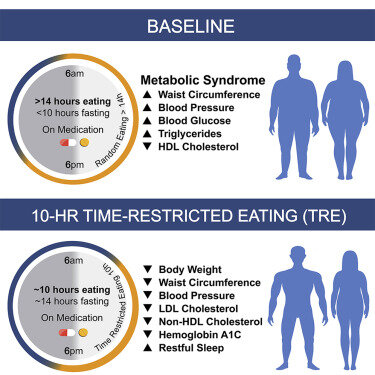Most common intention my clients set at the start of our work together is having “Balance”. This word has different meaning to different people. Most common underlying idea people are expressing is that they want to balance their challenges with their resources to keep their health and experience freedom.
Ayurvedic medicine emphasizes on daily routines to help us cultivate health and attain that freedom. Our routines and practices help us to create a baseline for our well-being. Some stimulate our body, some regulate our body, some rejuvenate our body, etc. I want to share with you a couple of routines related to diet and why they work to optimize our digestive system.
Ayurvedic medicine emphasizes that the “time of eating” is the most important factor for consistent and effective digestion; the next most important factor is “fasting or bowel rest”. We focus on these routines as part of following the rhythms of Nature to create a rhythm for our bodies. This helps our body cultivate the health, vitality, and resilience that we find inherent in Nature.
Our digestive system is ruled over and regulated by our circadian rhythm. This rhythm is represented by a 24-hour cycle of hormones and related functions that are the baseline functions of life. In modern life, we often over-ride these rhythms. Sometimes this is out of necessity, but often we do it out of habit or due to pride and will. We condition ourselves to over-ride these rhythms. We are finally able to understand the basis of this ancient wisdom through lens of modern science.
Establishing Rhythm to Optimize Digestion:
Ayurvedic recommendation 1: Eating our meals at the same times every day, within 30-60min window. This supports your body to anticipate food and get prepared for digestion.
Evidence: The “master clock” of the brain, called Supra Chiasmic Nucleus, has neurons called “Food entrained oscillators”. These neurons receive data from our eating behavior to help the body optimize digestion. Learned anticipation helps activate digestive organs and metabolic systems of the body.1 The result is that body becomes primed to eat.
Additionally, VIP, Vasoactive Intestinal Peptide, is a signal produced by the nervous system to activate the immune system of the Gut.2 This signal is released in anticipation of food. It is shown to protect the digestive tract against threats and inflammatory injury. Regularly anticipated meals, help the body concentrate VIP as needed.
Our takeaway: Trying to have our meals at regular times as much as possible. Keep each meal-time within a 60mins window, so our body can learn anticipate our meals and prepare to support us in digestion and protect our digestive tract against pathogens and inflammation.
Ayurvedic recommendation 2: Regular fasting – not skipping meals – rather give rest time to our digestive system, daily.
Evidence: Time-restricted eating has been found to provide significant health benefits. A Randomized-Controlled study found that people who restricted meals to 10-hour period during the day and gave the digestive system 14 hour rest showed significant health benefits within 12 weeks of practice.

Figure 1: illustrates some of these benefits of Time-restricted Eating. Reference – 3
Our takeaway: Whether we start our day at 6am or 10am or later, keep the start of your breakfast to the end of your dinner within a 10-hour window. This allows our body to “fast” for 14 hours of the day. Rather than digesting and absorbing, the body is able to focus of processing our nutrition, building and cleansing our tissues, and eliminating toxins.
In conclusion: The goal of Ayurvedic recommendations is always to help our body function at its optimal state. We entrain our physiology through the rhythm of our daily routines and health-promoting practices.
While these are not the entirety of Ayurvedic recommendations on our eating behaviors, these provide us a good start to changing our eating behaviors to align them with what our system is evolved to do.
Beyond this, individualized adjustments of how many meals we eat, what we eat, and how we prepare our foods can further enhance our digestion and support our health, energy, and vitality.
Learn more about Dr. Anup and Ayurveda
References:




